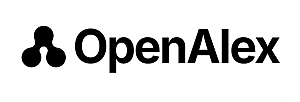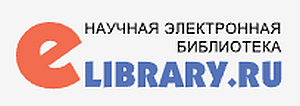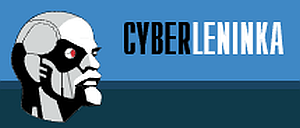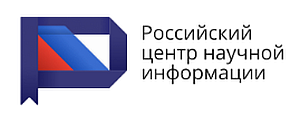The Concept of Kunstlehre in the Husserl’s Phenomenology
DOI:
https://doi.org/10.47850/RL.2021.2.4.16-26Keywords:
phenomenology, Husserl, logicism, Kunstlehre, critical thinking, pure logic, science of knowledge (Wissenschaftslehre), practical knowledge, theoretical knowledge.Abstract
The article proposes a reconstruction of the Kunstlehre concept, which occupies an important place in the structural and disciplinary section of Husserl's phenomenology. The key point of the presented reconstruction is its separation from the traditional interpretation of Kunstlehre criticized by Husserl and the advancement of a new project that coordinates three levels – theoretical, normative and practical. The theoretical level (pure logic), being complementary to the normative level (pure norms of reason), forms the basis of the disciplines represented by the program of science of knowledge (Wissenschaftslehre). The scientific study program falls on the period of the so- called logicism of Husserl, regarding which there is an opinion in the research literature that it was interrupted by the founder of phenomenology immediately after the writing of the first volume of “Logical Investigations”. However, on the basis of textual arguments, we show that this program was extended by Husserl up to his last works. The nature of this expansion is related to the practical level of Kunstlehre (transcendental phenomenology). The main task of this level was to provide science and scientists with noetic conditions, i.e. skills of transcendental criticism of consciousness. It is suggested that the presented reconstruction of Kunstlehre shows the permanent development of the program of logicism by Husserl, and also demonstrates the connection of this program with transcendental phenomenology.
References
Гуссерль, Э. (2010). Картезианские медитации. М.
Husserl, E. (2010). Cartesian Meditations. Moscow. (In Russ.)
Гуссерль, Э. (2011). Логические исследования. Пролегомены к чистой логике. М.
Husserl, E. (2011). Logical Investigations. Prolegomena to Pure Logic. Moscow. (In Russ.)
Лега, В. П. (2009) История западной философии. М.
Lega, W. P. (2009) History of Western Philosophy. Moscow. (In Russ.)
Fisette, D. (2003). Husserl’s Programme of a Wissenschaftslehre in the Logical Investigations. In Fisette, D. (ed.) Husserl’s Logical Investigations Reconsidered. Contributions to Phenomenology. Vol. 48. Dordrecht. Boston. London. Kluwer Academic Publishers. pp. 35-58.
Husserl, E. (1929). Formale und Transzendentale Logik: Versuch einer Kritik der Logischen Vernunft. Halle. Saale. Max Niemeyer Verlag.
Husserl, E. (1984). Einleitung in die Logik und Erkenntnistheorie Vorlesungen Sommersemester 1920-1924. In Husserliana. Gesammelte Werke. Bd. 24. Dordrecht. Boston. Lancaster. Martinus Nijhoff Publishers.
Husserl, E. (1996). Logik und Allgemeine Wissenschaftstheorie Vorlesungen 1917-1918. In Husserliana Gesammelte Werke. Bd. 30. Dordrecht. Kluwer Academic Publishers.
Husserl, E. (2001). Natur und Geist. Vorlesungen Sommersemester 1927. In Husserliana. Gesammelte Werke. Bd. 32. Dordrecht. Springer Science+Business Media.
Husserl, E. (2004). Einleitung in die Ethik Vorlesungen Sommersemester 1920-1924. In Husserliana. Gesammelte Werke. Bd. 37. Dordrecht. Springer Science. Business Media. B.V.
Roth, A. (1960). Edmund Husserls ethische Untersuchungen. Den Haag.
Wang, W.-S. (2013) «Kunstlehre» and Applied Phenomenology. Open Journal of Philosophy. Vol. 3. no. 2. pp. 308-313.
Downloads
Published
How to Cite
Issue
Section
License

This work is licensed under a Creative Commons Attribution-NonCommercial-NoDerivatives 4.0 International License.
https://oc.philosophy.nsc.ru/remote.php/webdav/%D0%94%D0%BE%D0%B3%D0%BE%D0%B2%D0%BE%D1%80%20%D1%81%20%D0%B0%D0%B2%D1%82%D0%BE%D1%80%D0%BE%D0%BC%20RL-%D0%BF%D1%80%D0%B0%D0%B2.doc










